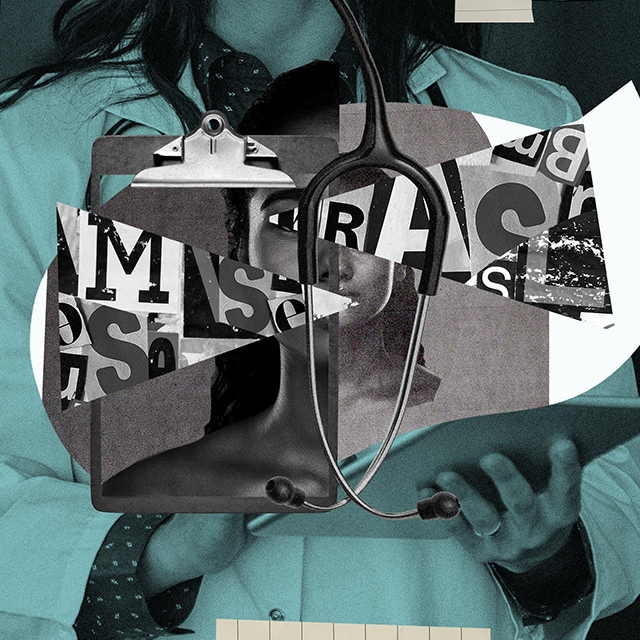New ways to treat depression could begin in the gut, according to recent experiments in mice and humans led by Johns Hopkins Medicine researchers.
The team says it has identified a particular intestinal immune cell that impacts the gut microbiome, which in turn may affect brain functions linked to stress-induced disorders such as depression.
“The results of our study highlight the previously unrecognized role of intestinal gamma delta T cells (gd T cells) in modifying psychological stress responses, and the importance of a protein receptor known as dectin-1, found on the surface of immune cells, as a potential therapeutic target for the treatment of stress-induced behaviors,” says senior author Atsushi Kamiya, Johns Hopkins professor of psychiatry and behavioral sciences.
In studies analyzing the microbiota of mice, the researchers found that there were less Lactobacillus johnsonii (L. johnsonii) — a type of probiotic, or “good” bacteria — in stress-susceptible mice compared to stress-resilient mice.
“We found that stress increased the gamma delta T cells, which in turn increased social avoidance,” says lead author Xiaolei Zhu. “However, when the stressed mice were given L. johnsonii, social avoidance decreased and these cells went to normal levels, suggesting that chronic social defeat stress-induced social avoidance behavior may be the result of lower levels of the bacteria and gamma delta T cell changes.”
In a separate experiment, mice were fed pachyman, a compound extracted from wild mushrooms that is used as a natural anti-inflammatory agent and for treating depression in Eastern medicine. Data from flow cytometry analysis provided evidence that dectin-1 binds to pachyman, inhibiting CSDS-induced gd17 T cell activity and easing social avoidance behavior.
To gain insight into how the alterations in the gut microbiota could impact the human brain, the researchers investigated the makeup of gut organisms in people with major depressive disorder and a control group, in a study involving 66 participants over three-plus years.
Genetic analysis of the subjects’ stool samples showed no difference in the diversity of intestinal bacteria between the subjects with major depressive disorder and the control group. However, the relative abundance of Lactobacillus was inversely related to higher depression and anxiety scores in the depressive group, meaning that the more Lactobacillusfound in the gut, the lower the potential for depression and anxiety, the researchers say.
“Despite the differences of intestinal microbiota between mice and humans, the results of our study indicate that the amount of Lactobacillus in the gut may potentially influence stress responses and the onset of depression and anxiety,” says Kamiya. “These early-stage findings show that, in addition to probiotic supplements, targeting drugs to such types of receptors in the gut immune system may potentially yield novel approaches to prevent and treat stress-induced psychiatric symptoms such as depression.”



